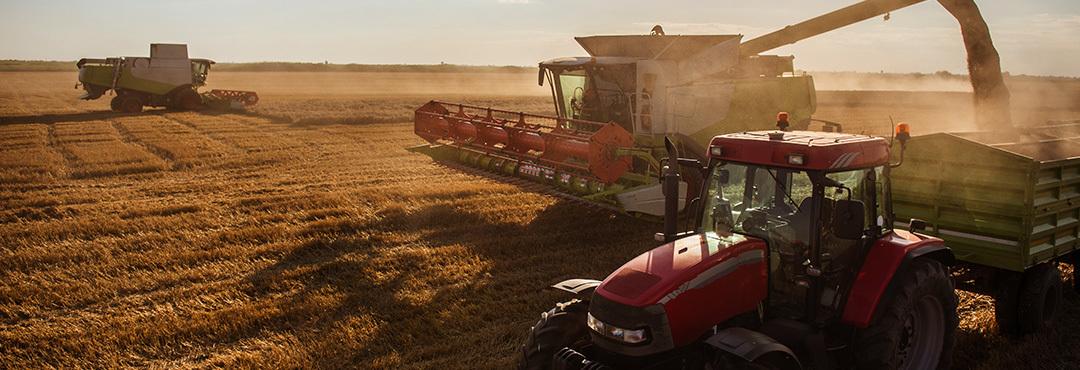To Inspect or Not To Inspect?
Lifting Operations and Lifting Equipment Regulations – more commonly known as LOLER are the rules governing whether a piece of equipment or machinery needs to be statutorily inspected.
LOLER in agriculture
What is considered lifting equipment in agriculture?
The term covers a wide range of equipment including:
- Tractor foreloaders, fork-lift trucks and telescopic handlers (telehandlers);
- Workshop hoists and rope hoists;
- Cranes on machines (e.g on lorries or fertiliser spreaders); and
- Lifting attachments and accessories.
What isn’t considered lifting equipment?
The three-point linkage on a tractor is not considered to be lifting equipment if used to lift implements and machines designed to be operated as such on a tractor.
Lifting equipment for lifting people
People should only be raised on work equipment which is specifically designed for that purpose. Only in in exceptional circumstances can a person be lifted by other machines provided that they have a purpose-made carrier, suitably constructed and attached – see HSE guidance PM28 - Non integrated platforms on lift trucks
The correct machinery for the job
Never under any circumstances should anybody ever be lifted in a telehandler bucket, in a potato box, on the forks of a fork lift truck or similar attachment, to carry out work or used as a means of access (e.g to get onto the roof of a building or bale stack).
Marking of lifting equipment
Machines used for lifting should have their safe working loads marked on them. Examples are a crane mounted on a fertiliser spreader or a workshop hoist.
Where the safe working load depends on the machine’s configuration (e.g with a telehandler), then the operator will need clearly visible information to keep both machine and loads within the safe working limits for any particular configuration.
Tractor foreloaders used in agriculture will not normally require marking.
Thorough examination
Thorough examination is to protect both operators and other people in the vicinity of lifting operations who may be at risk if the lifting equipment suddenly fails.
Equipment which lifts loads over, or in close proximity to people, should be thoroughly examined.
Lifting equipment such as:
- Fork-lift trucks and foreloaders on tractors without adequate operator protection or where other people are working in the close vicinity will need thorough examination.
- Foreloaders on tractors with safety cabs, telehandlers, and fork-lift trucks with operator protection and where no other people work in the vicinity will not normally need thorough examination.
Competent persons
You should assess your work equipment and working practices for the risks involved and decide which items need thorough examination in your particular circumstances.
Where lifting equipment requires a thorough examination, you will need to arrange for this to be carried out by a competent person. This will normally be an independent person, such as an engineer, who has the necessary knowledge and experience of the lifting equipment concerned to enable them to detect any defects.
Get in Touch
Contact our farm insurance specialists to find out more about LOLER policies, or to find out which insurance is best for your needs.
Get an instant quote for any of our farm insurance services online and protect your farm assets from potential catastrophes.




